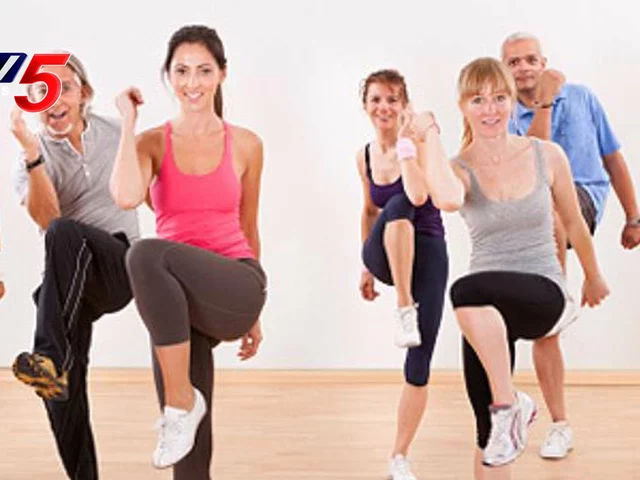Running: Quick Tips, Calorie Facts and UK Updates
If you love hitting the pavement or trail, you’re in the right place. This page gathers the best bits on running, from how many calories you torch to simple training tweaks that work for anyone in the UK. No fluff, just straight‑forward advice you can try today.
How Fast Does Jogging Burn Calories?
Jogging is a solid way to torch calories without needing fancy gear. A 160‑pound person burns roughly 365 calories in a 30‑minute moderate jog. Speed matters – push the pace a bit and you’ll see the number rise. For example, a 160‑pound runner at a brisk 6 mph can burn close to 600 calories in the same half‑hour.
Weight and intensity are the two main drivers. Heavier runners burn more, while lighter folks need to go faster to hit the same calorie count. If you’re new, start with a comfortable pace for 20‑minutes, then add five minutes each week. The extra minutes add up, and so do the calories.
Don’t forget the after‑burn effect. A harder jog elevates your metabolism for a short period after you stop, meaning you keep burning a bit more even when you’re sitting down. Pair jogging with a short strength circuit – a few squats or lunges – and you’ll boost that effect.
Top Running Tips for UK Runners
Running in the UK means you’ll face rain, wind and occasional chilly mornings. Here are three easy habits to keep you on track:
1. Dress for the weather. Layer a light wind‑breaker over a moisture‑wicking shirt. A hat or visor helps keep rain off your face, and waterproof shoes stop your feet from getting soggy.
2. Pick routes with variety. Mixing flat roads with gentle hills improves stamina and keeps boredom at bay. Check local park maps or use a free app to find loop routes that end near a café – a coffee stop is a nice reward.
3. Track your progress. A simple phone app can log distance, time and pace. Seeing numbers improve motivates you to add a little more distance each week. Set a realistic goal, like 5 km comfortably in under 30 minutes, then work toward it.
Remember to stretch after each run. A few minutes of calf, hamstring and hip flexor stretches reduces soreness and keeps you injury‑free. Hydration matters too – even on cooler days, sip water before and after you finish.
Running isn’t just about speed; it’s about consistency. A short 15‑minute jog three times a week beats a single marathon‑length run and fits better into busy lives. Stick to a routine, listen to your body, and enjoy the run.
Stay tuned to IdentiSports for the latest UK running events, race calendars and community stories. Whether you’re training for a 10 k, a half‑marathon, or just want to burn extra calories, we’ve got the tips and news you need. Lace up, head out, and feel the rush of the run.

